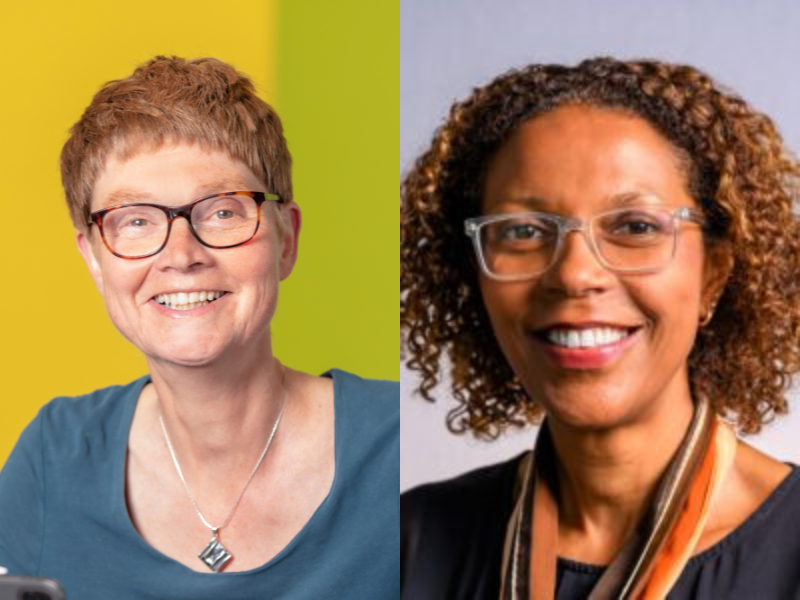 Brave leadership needed on prevention and care: systems need a thriving VCSE
Brave leadership needed on prevention and care: systems need a thriving VCSE
Bradford District and Craven place-based partnership is proud of the work we are doing together. Our Partnership involves our NHS, local authorities, independent care providers and the voluntary, community and social enterprise (VCSE) sector. We have a vision where we Act as One to help keep people happy and healthy at home. This piece focuses on the key role that the VCSE can and should play in helping health and care systems move to community-centred models of prevention and care that are underpinned by a laser sharp focus on equity and fairness for all.
There are over 5,000 VCSE organisations covering our diverse geography and communities, ranging from those serving areas of extreme rurality to those serving areas of significant economic challenge and ethnically and culturally diverse communities. Of these organisations, our data suggests around 95% of these are smaller, grassroot organisations.
We have many great examples of how the VCSE is helping support our wider ambitions. One of these is our nationally recognised and award-winning multi-agency support team (MAST). MAST provides support at Bradford Royal Infirmary and Airedale Hospital and in the community on discharge. The team is made up of peer support and support workers who provide specialist and specific support around mental health, alcohol, frailty and social prescribing. In terms of impact here’s just one headline figure. In the last year, MAST team has screened and assessed 3,656 patients in Airedale and Bradford hospitals (combined total) and has delivered 2,253 support sessions to individuals. Of the patients offering feedback after three months, less than 15% reported they had re-presented at hospital with their original presenting issue.
Our Bradford District and Craven Health and Care Partnership is committed to ensuring that such a vibrant and diverse VCSE is an equal partner in the work we do. We have done this by organising our governance so that we have VCSE sector leadership on our key decision-making bodies. In 2023/24 through our asset-based community development (ABCD) scheme, our 13 community partnerships funded 200 projects totalling £473,698 and our Reducing Inequalities Alliance is proud to have the VCSE sector lead as its senior responsible officer. This demonstrates how our distributive leadership approach is about sharing responsibilities across our whole partnership and across all our sectors.
We have had a long-stated ambition to innovate and change the way we allocate our budget. One of our ambitions has been to be the first in the country to establish a community health investment standard where we would look to secure 1% of our total budget for investment into the VCSE. But this is now a sticking point for us as we look to close the gap to reduce the financial deficit we are seeing across health and care organisations in Bradford District and Craven. However, we are making significant progress in some areas – we now see over 11% of our partnership’s mental health budget used to commission VCSE organisations as lead providers. This is a shift from our position in 2017 when this was around 2%.
Our introduction to this piece shows our commitment and some real examples of how we have made progress in establishing a partnership that treats all sectors equally. However, we are now in a position where it would be fair to challenge the rhetoric and fair to say that what we are seeing locally will be playing out nationally.
When finances are squeezed, people’s focus shifts to ensuring all statutory services are kept running and that the focus of performance management is on statutory targets. Here in Bradford District and Craven, we have already made difficult decisions resulting in a reduction or cessation of funding for projects that are led by VCSE organisations. This goes against our own ambition of shifting our resource into the VCSE, and it makes our VCSE partners feel anything but equal. We know that some places are managing to maintain investment in VCSE services despite working within these unprecedented financial constraints and would love to talk to these places about how you are managing it. We also know that national conditions are hindering our ability to do what we want and we want to explore how we can work with national partners, agencies and policy makers to get this right.
When writing this piece, we wanted to ensure that we accurately reflected the work of our VCSE and the challenges faced by the sector.
The announcements in last week’s budget change the context of the landscape somewhat and the rest of this blog was written before the budget was presented. The risk to the VCSE sector, and indeed all partners in our system, caused by the announcement of increased employer National Insurance contributions and real living wage requirements are unprecedented.
Some VCSE organisations across West Yorkshire and Bradford District and Craven place are reporting increased expenditure of up to £100,000 from April 2025. These amounts cannot simply be subsumed within existing budgets, and we need an urgent conversation about what we can do across our whole system to mitigate these risks. The commitment to the NHS is to be welcomed. It is also welcome news that the minimum wage will increase but this, alongside the increased employer National Insurance contributions, is what is causing the huge risk. As such, we need to ensure we do more to raise cross-governmental awareness of the impact on our VCSE sector and other health and care partners. We recognise that to do this we still need to work through what the actual impact of the budget will be, we know work is happening in West Yorkshire to look into this.
Shifting the way we fund and measure VCSE contributions to systems
We have read with interest both Lord Darzi’s review into the NHS and the government’s focus on three areas: from analogue to digital, from secondary to community care and from treatment to prevention. While the focus has understandably been on the NHS, the role of a strong and stable VCSE is key to achieving these ambitions.
We strongly believe that we need the Government and wider policy makers to show brave leadership. For us this means:
- Rethinking funding formulas, to look at inequalities data to ensure areas like Bradford District and Craven are not left further behind.
- Looking beyond funding, we need to ensure decision-making is devolved to places so we can decide how we can invest locally which means ensuring VCSE partners are part of this process.
- A review of how we measure improvements in people’s wellbeing, especially when working with our VCSE partners – access and performance data alone does not work when dealing with complex issues and complex lives.
- A national drive to set up a community health investment standard with enough financial headroom set aside for this and focusing on communities that are among the most economically challenged.
- Ensuring any national policy designed to shift care into community settings includes a period of co-production and design involving VCSE partners as well as those within the statutory health and care sector.
This brave leadership isn’t just based on funding alone, it is one that needs a rethink in how we measure the value of what our VCSE and wider partners bring that contributes to healthy communities, and so can help us locally work towards our vision of people being happy and healthy at home.
Thank you for reading.
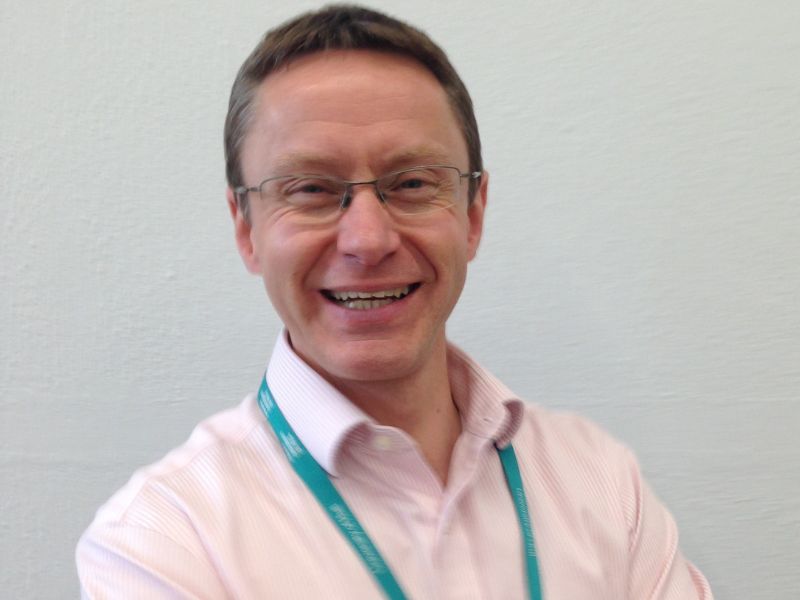 We also have a blog from Chris Tissiman, Head of Collaborative Workforce Planning at the Leeds Health and Care Academy.
We also have a blog from Chris Tissiman, Head of Collaborative Workforce Planning at the Leeds Health and Care Academy.

 Brave leadership needed on prevention and care: systems need a thriving VCSE
Brave leadership needed on prevention and care: systems need a thriving VCSE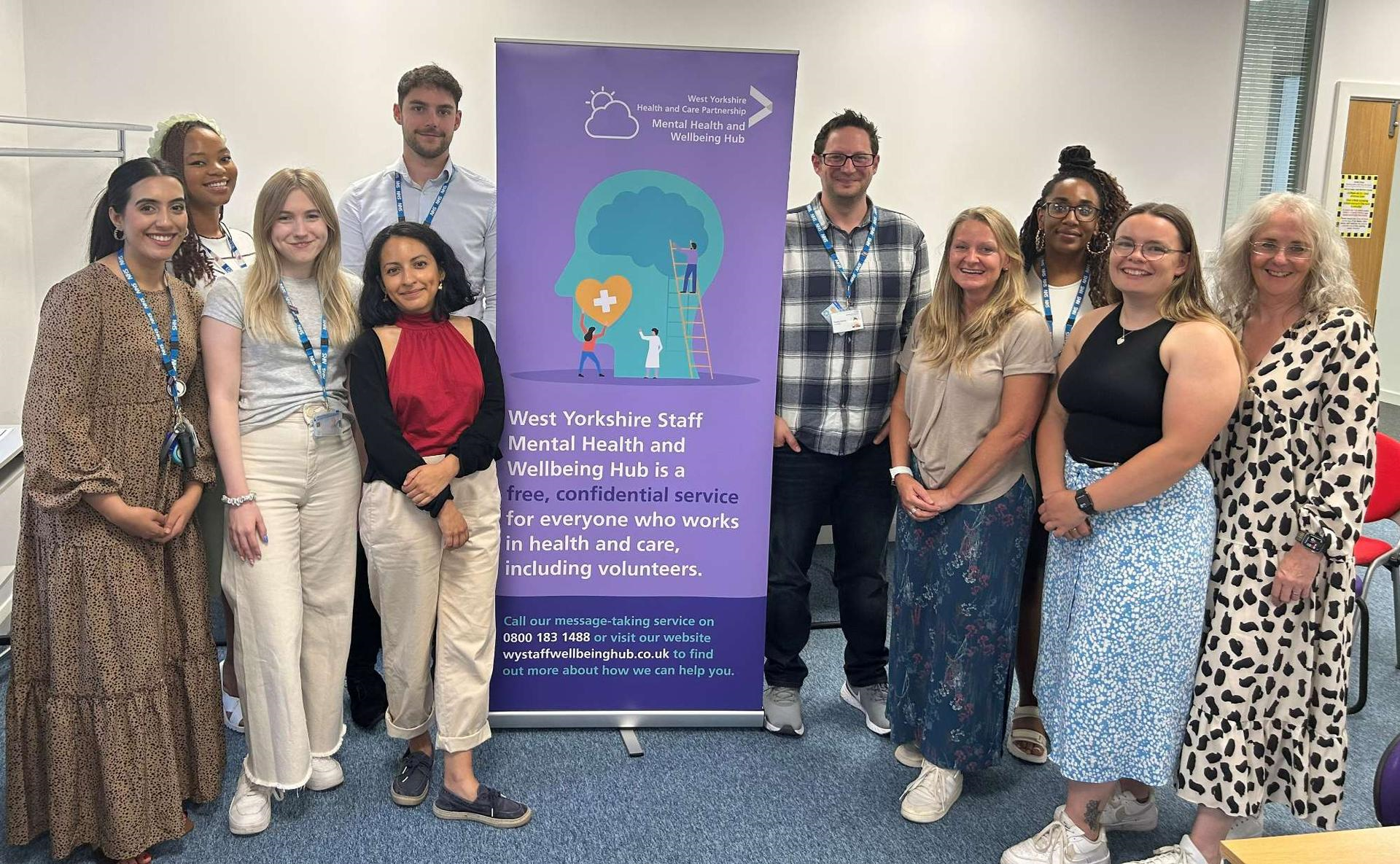 Wednesday 6 November was Stress Awareness Day. We understand that juggling life and work can cause stress, burnout and anxiety.
Wednesday 6 November was Stress Awareness Day. We understand that juggling life and work can cause stress, burnout and anxiety. 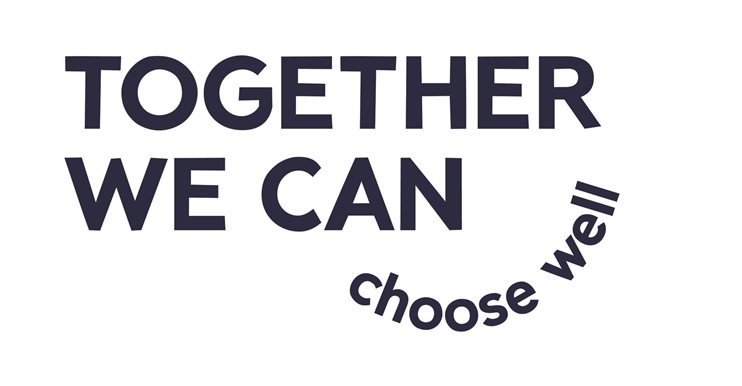 This week, we re-launched our together we can campaign, which encourages people to stay well and to look after themselves, their loved ones, and busy NHS services this winter.
This week, we re-launched our together we can campaign, which encourages people to stay well and to look after themselves, their loved ones, and busy NHS services this winter.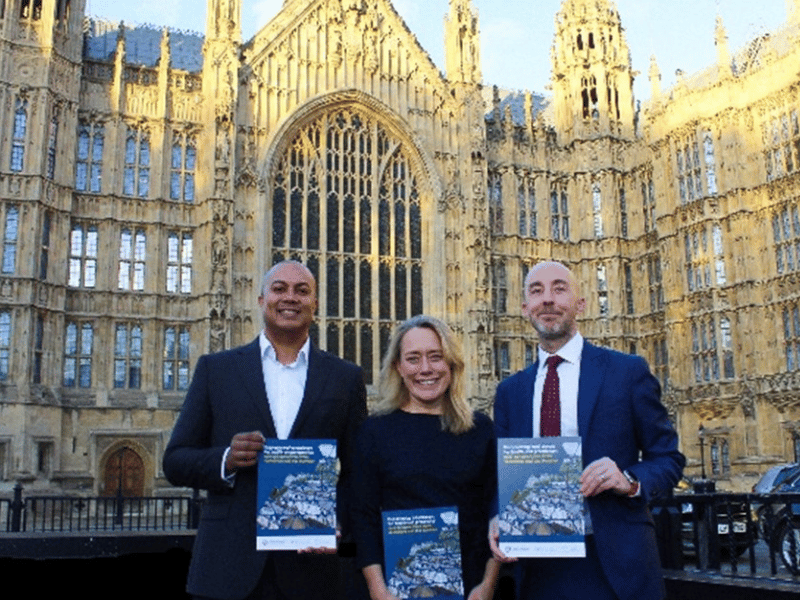 YHealth for Growth partners bring white paper to parliament
YHealth for Growth partners bring white paper to parliament  World-leading researchers in Leeds with expertise in systems design, engineering, applied health research and data science, are working with the city’s healthcare system to transform the quality of life for people who have multiple long-term health conditions. People from the most deprived areas of Leeds who are living with these mental and physical health conditions are contributing to this revolutionary research project to inform how health and care services could better meet their needs.
World-leading researchers in Leeds with expertise in systems design, engineering, applied health research and data science, are working with the city’s healthcare system to transform the quality of life for people who have multiple long-term health conditions. People from the most deprived areas of Leeds who are living with these mental and physical health conditions are contributing to this revolutionary research project to inform how health and care services could better meet their needs.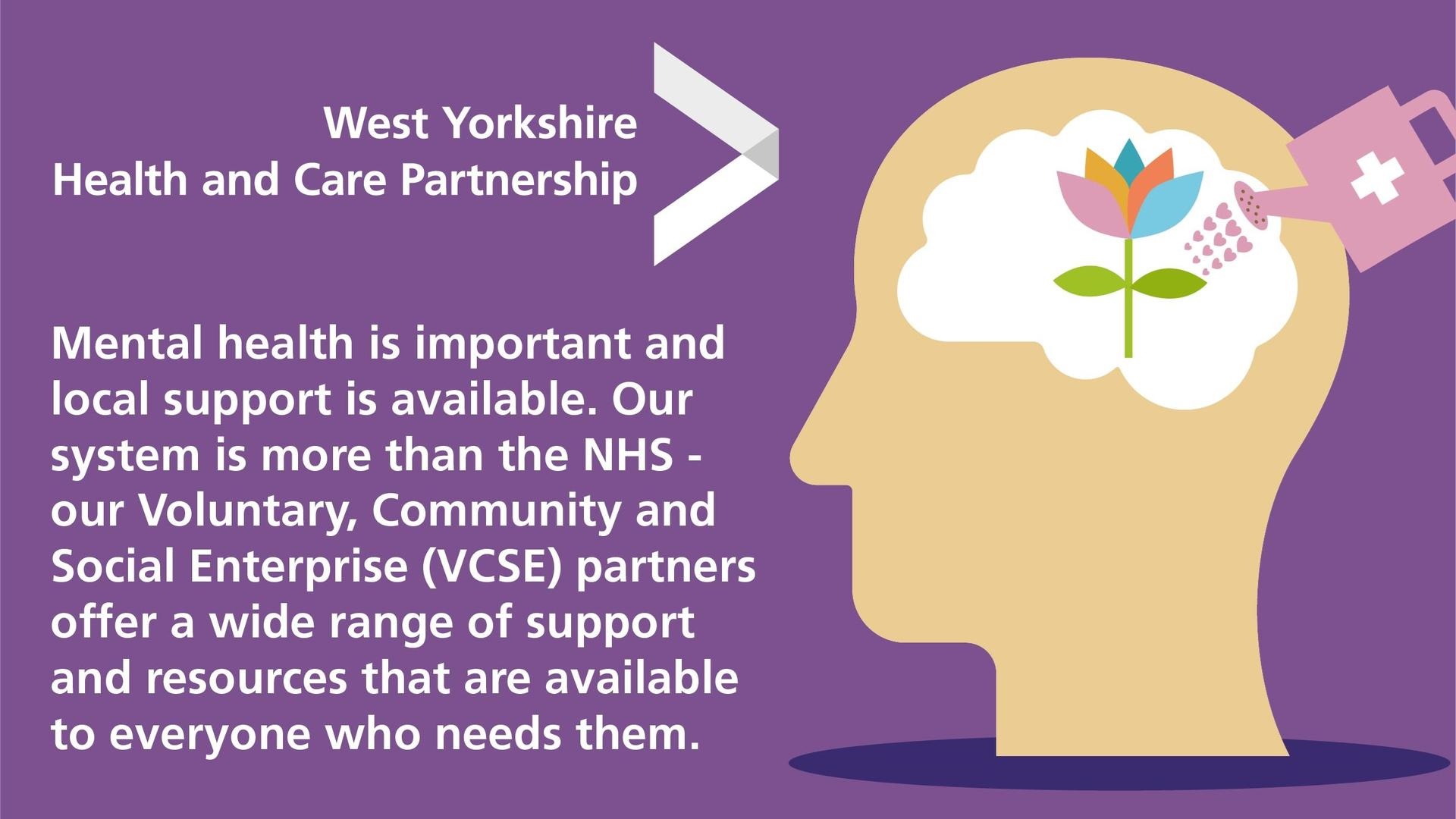 People in West Yorkshire who are experiencing a mental health crisis can now benefit from support through the NHS 111 service mental health option. The NHS 111 number is a universal point of access for people of all ages experiencing mental health crisis. This ensures that anyone can call NHS 111 for themselves or someone else and have 24/7 access to the mental health support they need in the community. Calls will be answered by trained mental health professionals.
People in West Yorkshire who are experiencing a mental health crisis can now benefit from support through the NHS 111 service mental health option. The NHS 111 number is a universal point of access for people of all ages experiencing mental health crisis. This ensures that anyone can call NHS 111 for themselves or someone else and have 24/7 access to the mental health support they need in the community. Calls will be answered by trained mental health professionals.